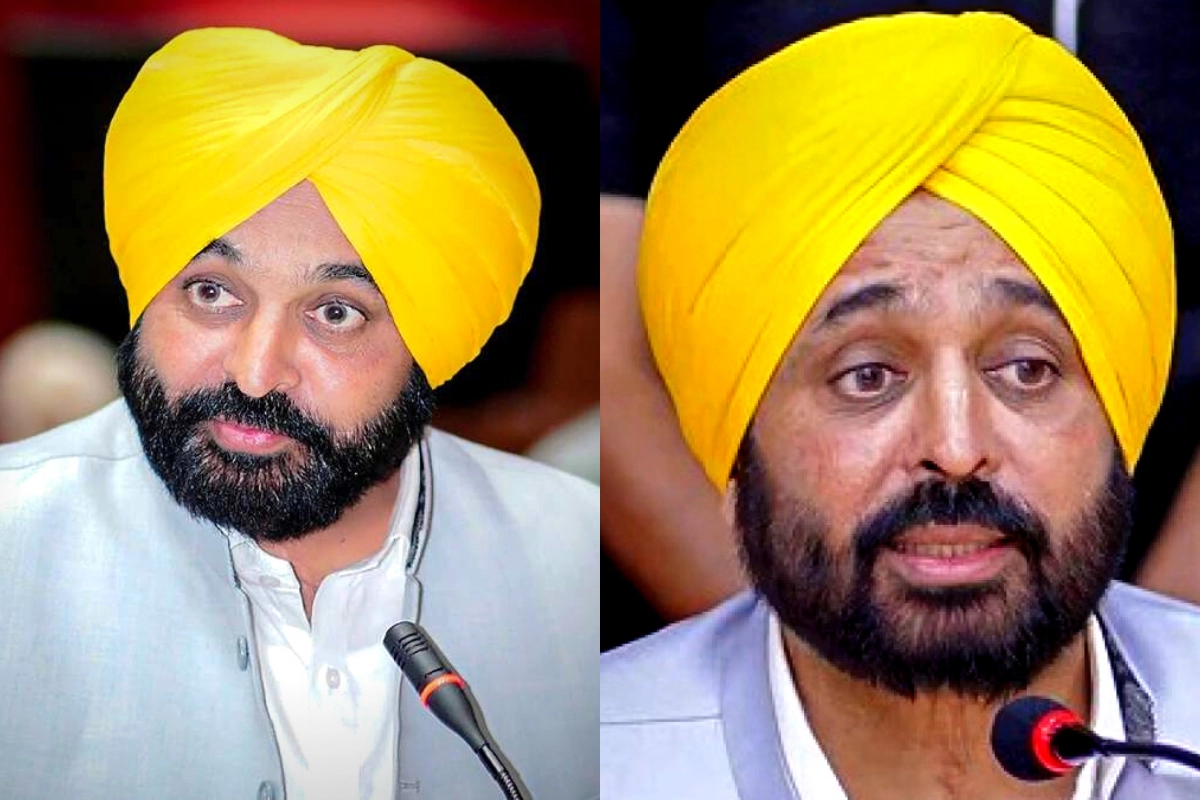Punjab: The Excise Policy for the years 2023–2024 was agreed on Friday by the Punjab Cabinet, which is chaired by Chief Minister Bhagwant Mann. The action was intended to protect the stability of the alcohol market and to carry on the reforms started the previous year. The Punjab Civil Secretariat-I office in Chandigarh is where the Chief Minister Bhagwant Mann presided over the Cabinet when they made this decision.
License Renewals Aimed at Boosting Stability for Liquor Industry
A spokeswoman for the Chief Minister’s Office announced this today, saying that the retail sales licences L-2/L-14A are being made available for renewal to the current retail licensees in order to ensure stability for the liquor industry and to continue the changes that were started last year. By 2023–2024, the policy expects to collect Rs 9,754 crore, an increase of Rs 1,004 crore. The VAT is levied on alcohol sold at Beer Bars and Hard Bars in accordance with policy. A 10% surcharge has been added to the decreased 13% tax for bars and microbreweries.
New Policy Will Make Sand and Gravel More Affordable for End Users
One group transfer shall be permitted during the excise year upon payment of Rs. 10 lakh, according to the established terms. The cost of an annual L-50 permit is now Rs 2,000 instead of Rs 2,500, and the cost of an L-50 permit for life is now Rs 10,000 instead of Rs 20,000. It is no longer a requirement that an individual receive an L-50 lifetime permit if they have been awarded yearly L-50 permits for three years in a row. The Cabinet also approved the “Punjab State Minor Mineral Policy-2023,” which will allow residents of the state to obtain sand and gravel at reasonable prices. This policy’s goal is to make sure that sand and gravel mining is done legally and transparently throughout the state so that there is always enough sand and gravel on hand.
Restructure of Water Resources Department Will Save Millions Annually
Commercial mining sites (CMS) and public mining sites are the two categories into which mining sites have been separated in accordance with policy (PMS). While public mining sites must be managed manually by the department in the interest of the general public, commercial sites must be organised into different clusters and sold through an online auction procedure. Sand and gravel must be sold at PMS and CMS for 5.50 per cubic foot, which is the pit head price. Farmers who intend to employ ordinary clay and ordinary earth for purposes aside from the construction of commercial infrastructure shall not be subject to a royalty on such excavation. For non-commercial projects, only manual excavation of ordinary soil up to a depth of three feet and a surface area of two acres shall be allowed. Sand and gravel prices will decrease as a result of this approach, relieving end users.
Study Identifies Opportunities for Optimizing Human Resources in Water Resources Department
The Cabinet also approved the plan for reforming the State Water Resources and Transport Department in the larger public interest in order to increase their operational efficiency. It was discovered during a study of the State Water Resources department that there is a need to increase some vital posts and eliminate those that have grown obsolete over time. This led to the creation of 1278 new positions, the designation of 708 different cadre roles as Dying Cadre, and the creation of 957 Beldar postings. Relevantly, the department underwent its first restructure in 2020. The restructuring plan would not only utilize the human resources optimally but will also save Rs. 74.74 crore per annum.
Dera Sachkhand Ballan Receives Rs 25 Crore for Local Development Projects
The Punjab Nirman programme would be used by the Guru Ravidass Bani Adhayayn Center Committee, Dera Sachkhand Ballan, to meet local development requirements. The Cabinet also approved the release of money totaling Rs 25 crore to this organisation. Within a month, the District Level Committee, which was established under the direction of the Deputy Commissioner, would distribute the cash. The Cabinet also given the go-ahead to send two prisoners’ requests for Premature Release of life criminals housed in state jails. These special remission/premature release cases will be submitted to the Punjab Governor under Article 161 of the Indian Constitution after receiving Cabinet approval under Article 163 of the Constitution of India.
Must Read: Punjab’s budget: Agriculture receives 20% funding boost, Sports allocation increased by 55%
Keep watching our YouTube Channel ‘DNP INDIA’. Also, please subscribe and follow us on FACEBOOK, INSTAGRAM, and TWITTER.












